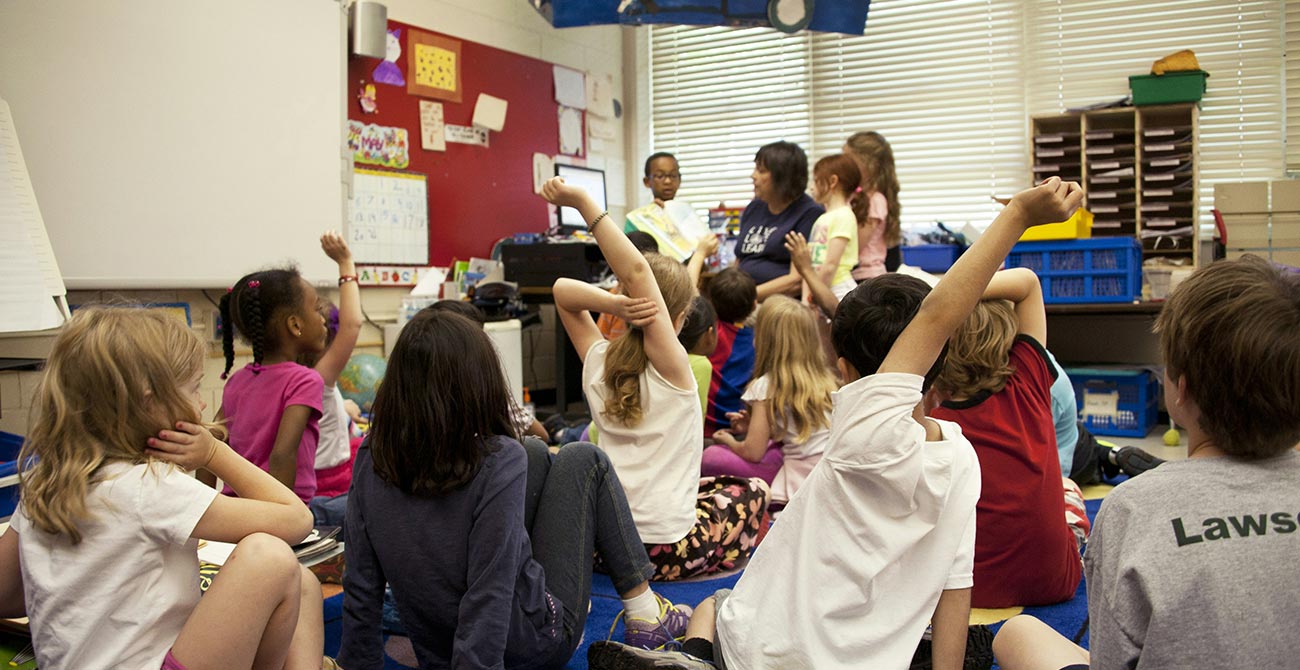
Supporting Your Child’s School Transition: A Guide for Parents from a BCBA Perspective
As summer draws to a close and the excitement of a new school year builds, many parents find themselves juggling mixed emotions. For parents of neurodivergent children, the transition to school in September can bring unique challenges, but also opportunities for growth. As a Board Certified Behavior Analyst (BCBA), I want to share some insights and strategies to help you and your child navigate this important time with confidence and ease.
- Reintroducing Routines: Creating a Sense of Security Children, particularly those with neurodivergent needs, thrive on routine. As the school year approaches, gradually reintroducing school-year routines can make a world of difference. Begin by adjusting bedtime and wake-up times, re-establishing structured activities, and creating a consistent daily schedule. This approach can help your child feel more secure, reducing the anxiety that often accompanies change.
- Building a Bridge with the School: Communication is Key Open communication with your child’s school is essential. Reach out to discuss any specific needs or concerns, and share valuable insights about your child’s strengths and challenges. By fostering a collaborative relationship with teachers and staff, you can help create a supportive learning environment that meets your child’s unique needs.
- Familiarization Through School Visits If possible, visiting the school before the academic year starts can be incredibly beneficial. This visit allows your child to familiarize themselves with the school environment, from classrooms to playgrounds. Meeting key staff members ahead of time can also ease the transition, as these familiar faces will become part of your child’s daily life. Such preparation can significantly reduce anxiety and build your child’s confidence as they step into the new school year.
- Utilizing Social Stories and Visual Supports Children with neurodivergent needs often benefit from visual aids that provide structure and predictability. Social stories, visual schedules, and other supports can help your child understand what to expect in the school setting. These tools break down the school routine into manageable steps, making transitions smoother and reducing potential anxiety.
- ABA Therapy: Tailored Support for Your Child Applied Behavior Analysis (ABA) therapy is a powerful tool in supporting children with autism and other developmental disabilities. At Reach ABA Therapy, we craft individualized programs that cater to your child’s specific needs and strengths. By focusing on positive reinforcement and skill-building, we work alongside your child to help them thrive in their school environment.
- Collaborative Transition Planning Transition planning is a collaborative effort that can make a significant difference in how your child adjusts to the new school year. Our team at Reach ABA Therapy is here to work closely with you and your child’s school to develop a tailored transition plan. We provide strategies, resources, and ongoing support to ensure that your child feels comfortable and capable in their new environment.
- Empowering Parents Through Training and Support Transitions can be challenging not just for children, but for parents as well. Understanding this, we offer parent training and support to equip you with effective strategies for helping your child succeed. Whether you have questions or need guidance, our team is here to support you every step of the way.
As you prepare for the upcoming school year, know that you are not alone. With thoughtful preparation and the right support, this transition can be a positive and empowering experience for your child. Reach out to us at Reach ABA Therapy to learn more about how we can partner with you in supporting your child’s journey to success. Together, we can make the transition to school a rewarding experience for your family.


